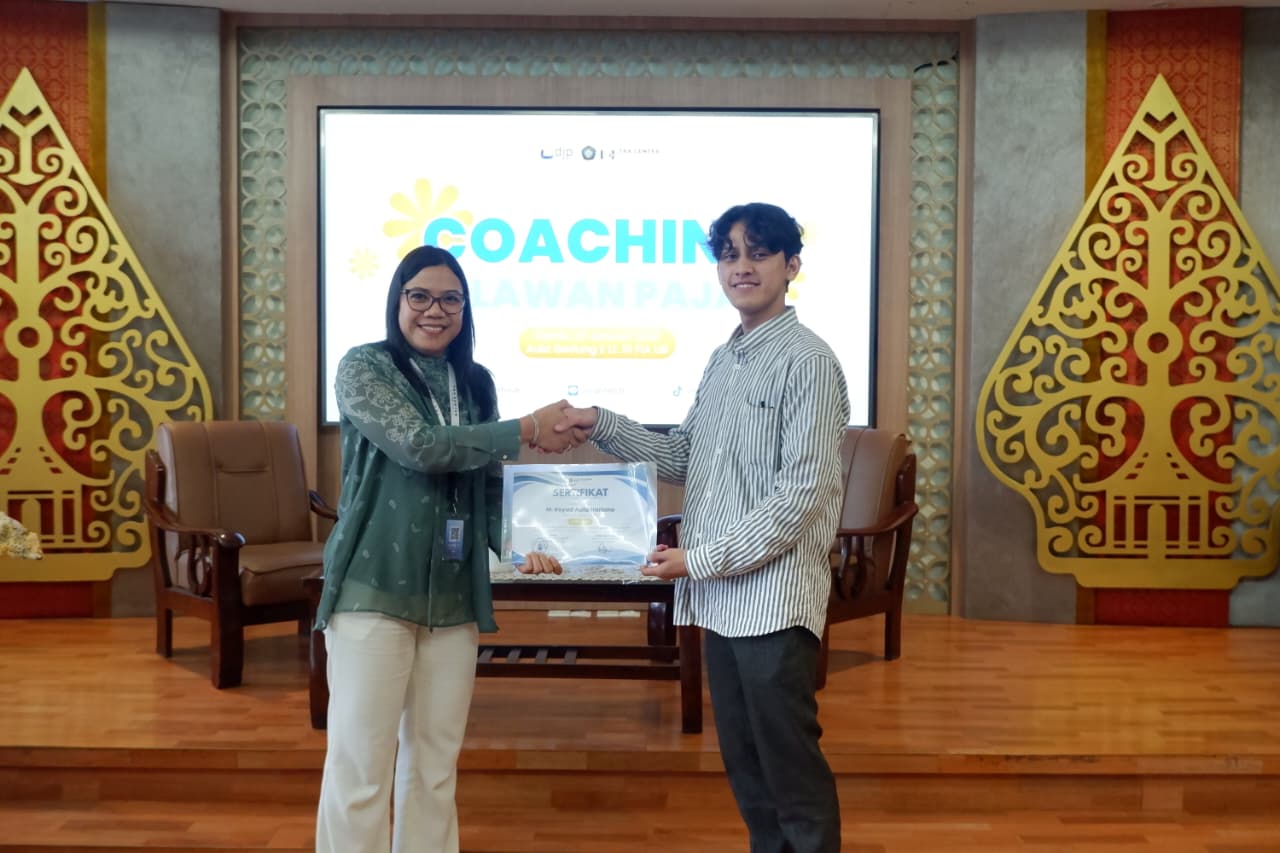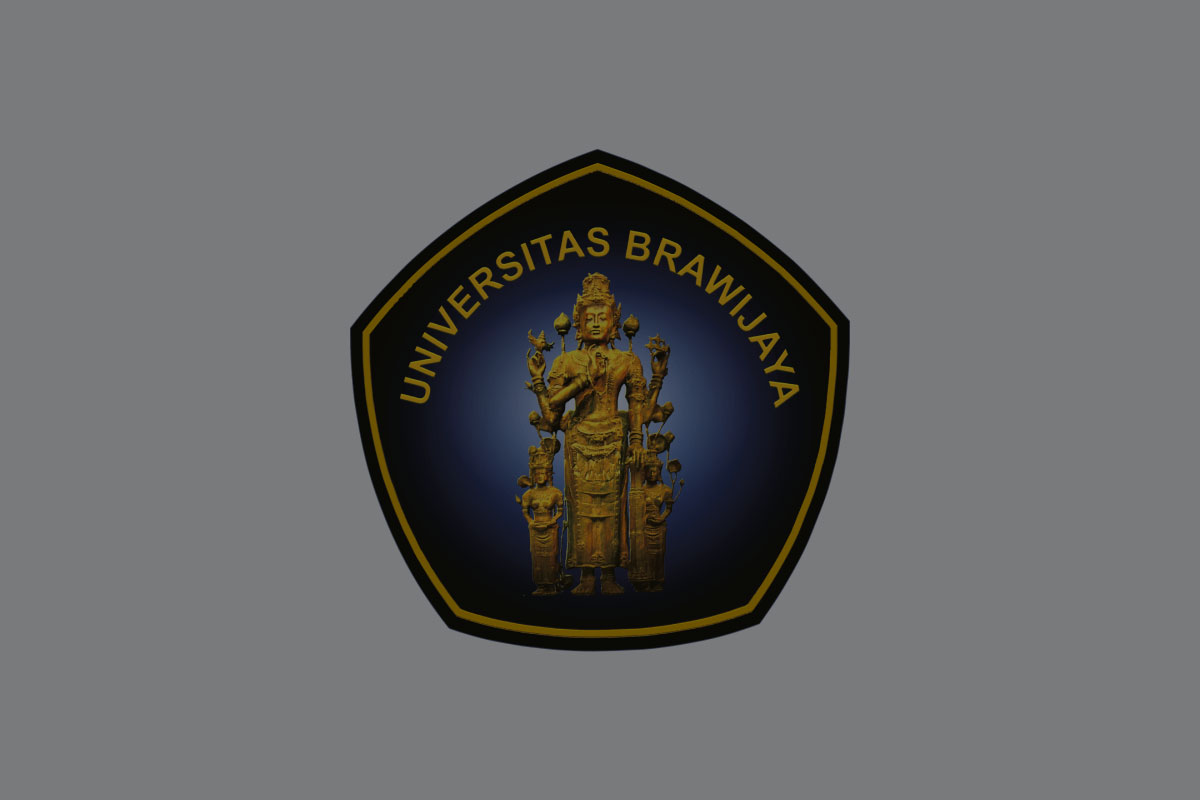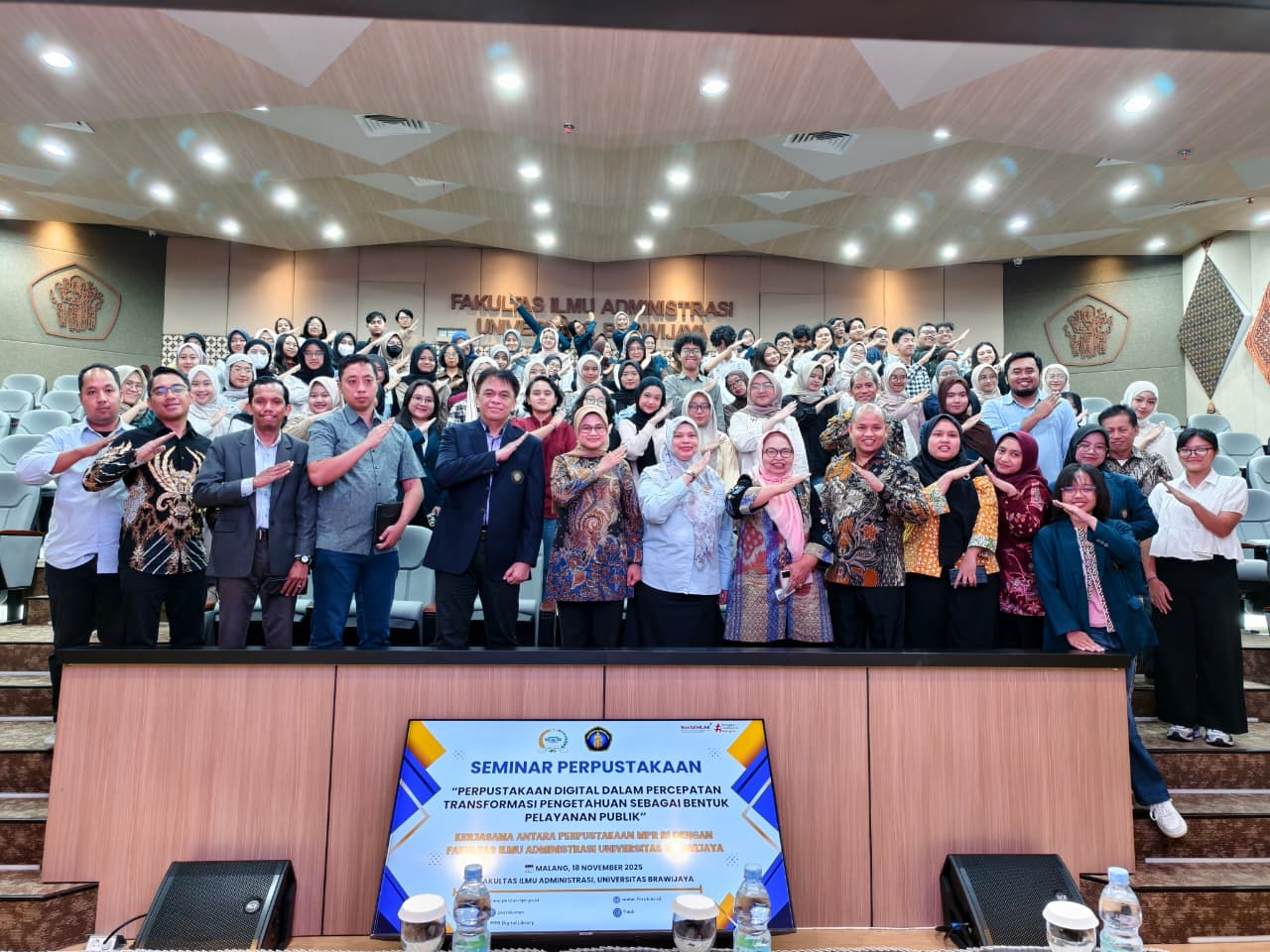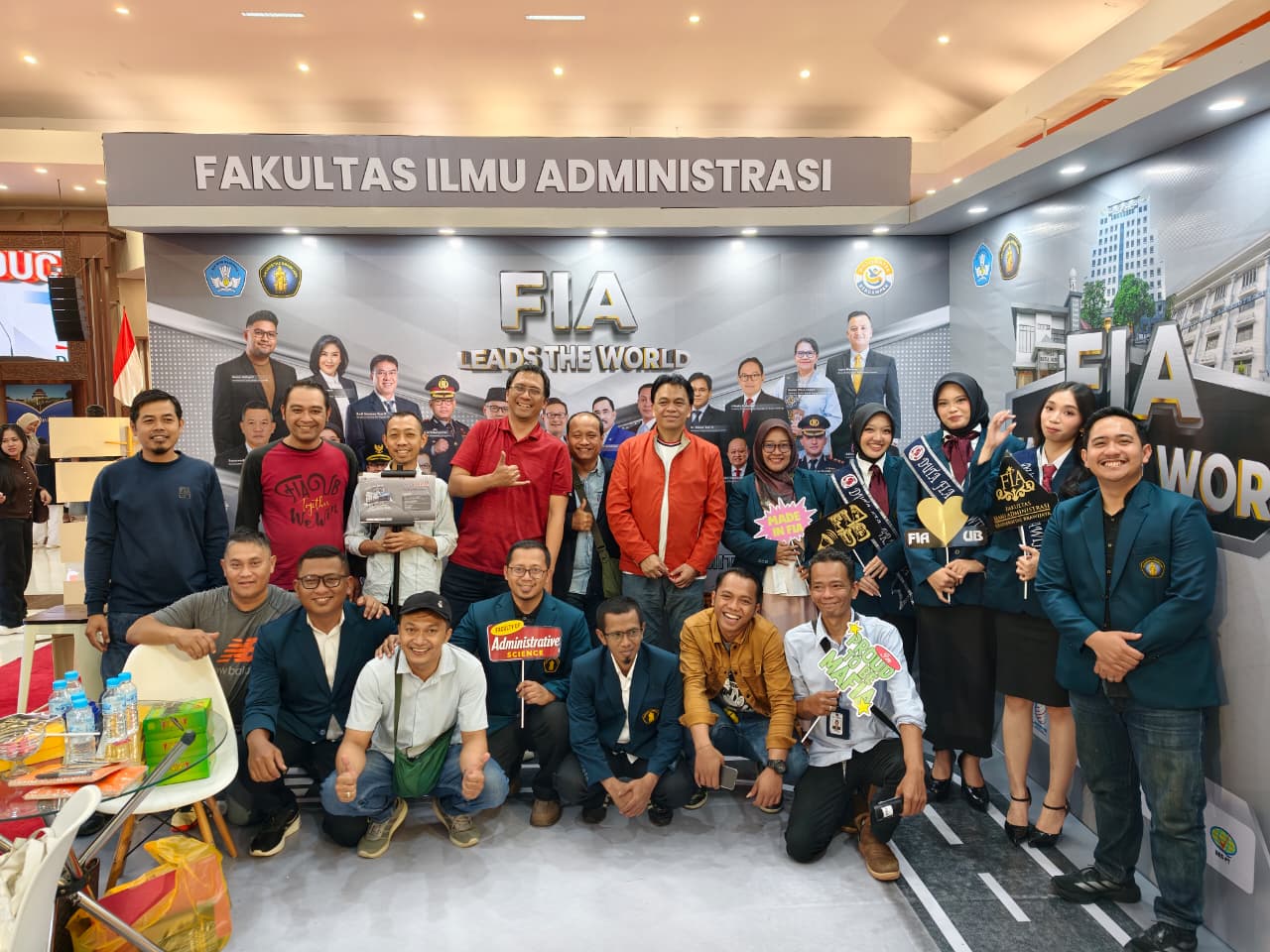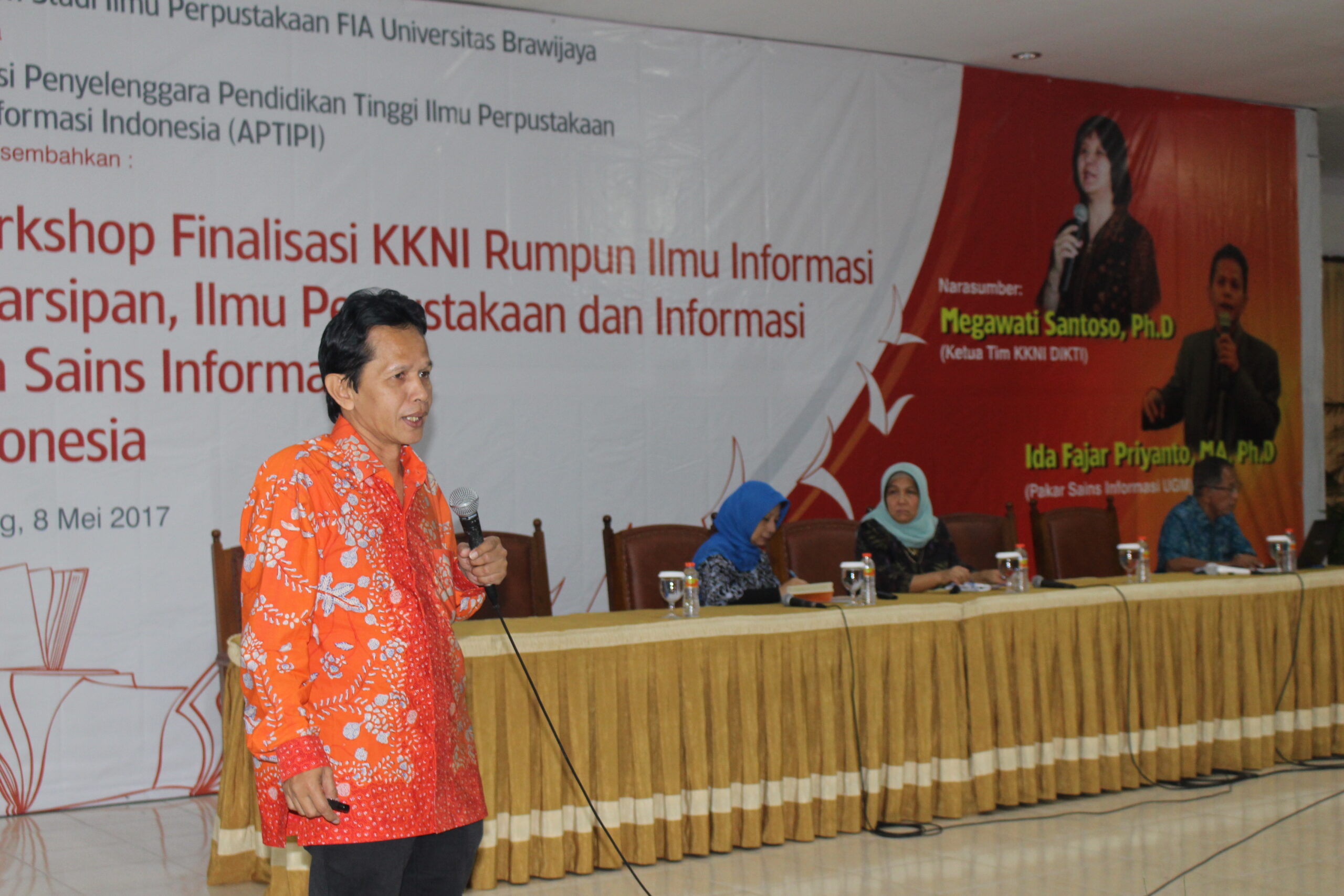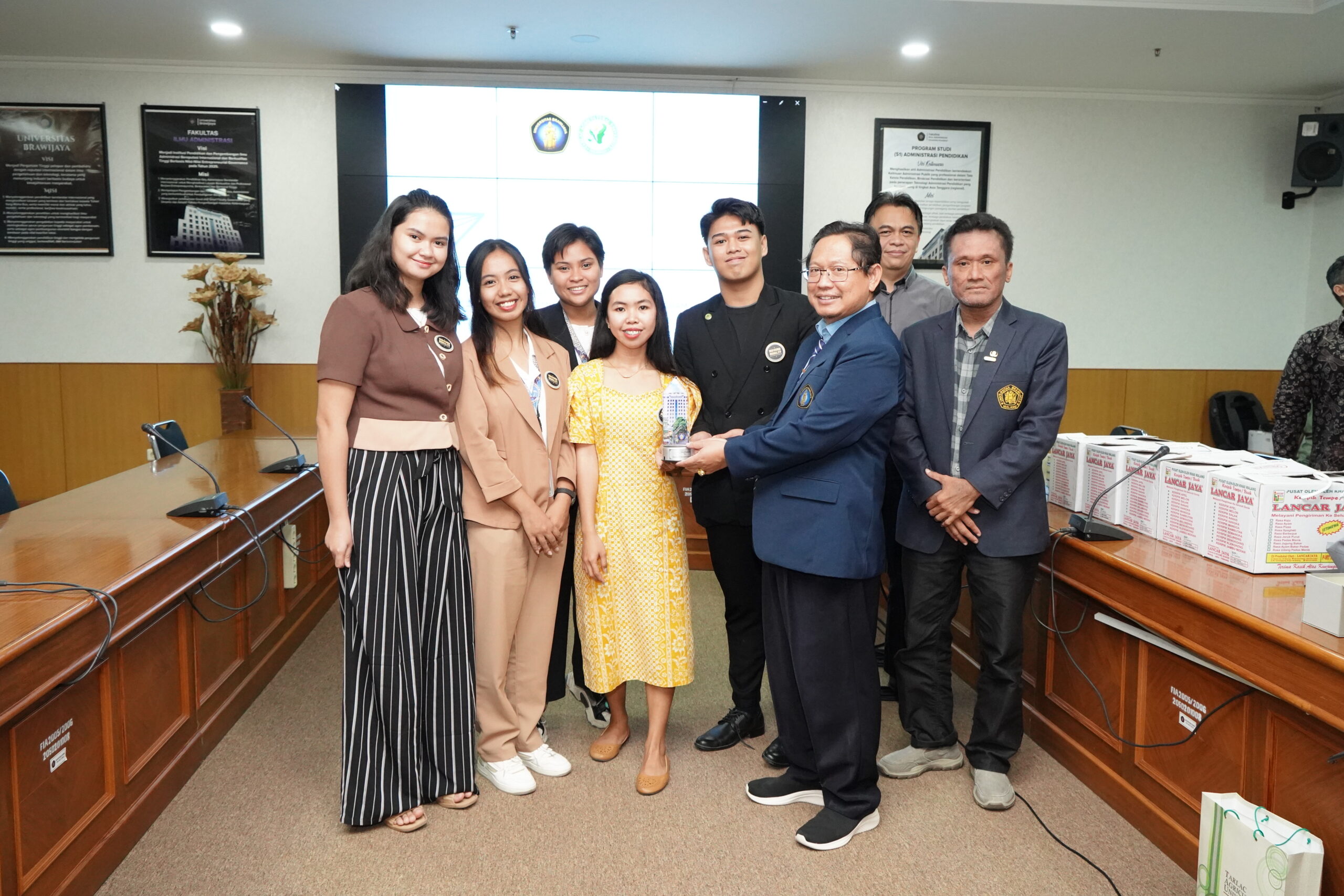The ASEAN challenges that Indonesia faces are very complex. In his description, Dr. (HC) Lutfi Rauf, MA., as Deputy II for Foreign Policy Coordination at the Coordinating Ministry for Politics, Law and Security (Kemenkopolhukam) of the Republic of Indonesia (RI) said that there are several aspects of challenges in ASEAN, including ASEAN Centrality, the South China Sea, Korean Peninsula Nuclear, Border Disputes, IUU Fishing, Terrorism, Maritime Security, Illicit Drug Trafficking, to Transboundary Crime.
"In maritime issues alone, there are various forms of threats. There is maritime terrorism, issues of armed robbery to smuggling of people and other living things," explained Lutfi in his guest lecture with the theme of the ASEAN Political and Security Community: Opportunities and Challenges, on Tuesday (30/10/2018) at the Faculty of Administrative Sciences (FIA) Universitas Brawijaya (UB).
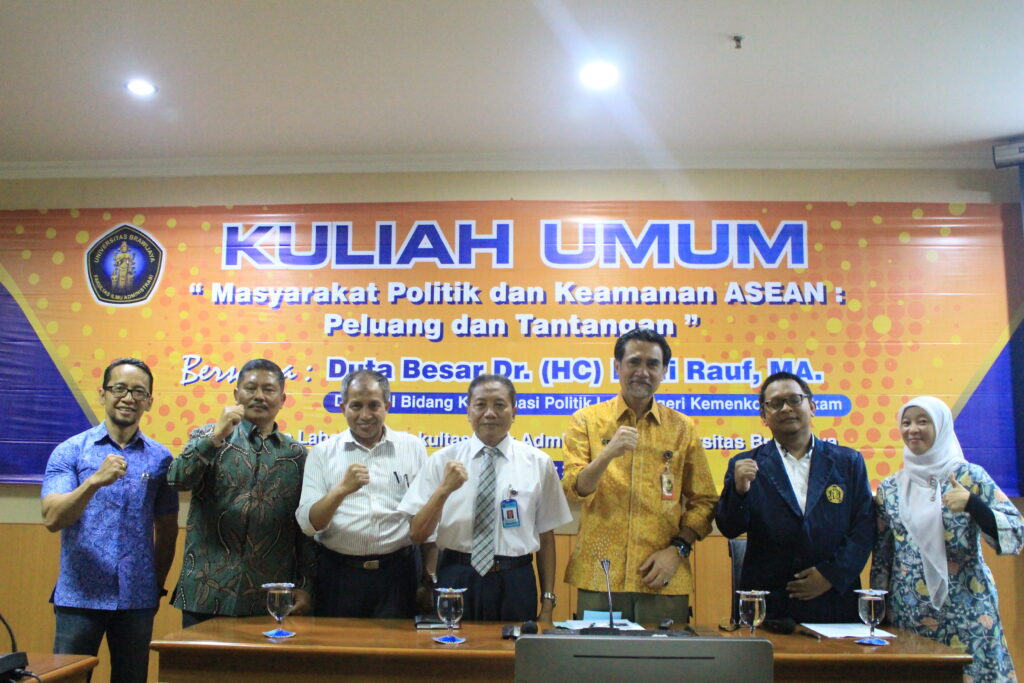
In addition, maritime security issues also include territorial disputes in the South China Sea region which are currently being negotiated through the ASEAN-China mechanism. To deal with the threat of robbery and cross-border terrorism in the Sulu Sea and Sulawesi Sea, a Malaysia-Philippines-Indonesia collaboration is currently being held in relation to this case. Regarding the issue of terrorism, ASEAN has implemented a number of mechanisms including the ASEAN Foreign Minister's Meeting (AMM), the ASEAN Ministerial Meeting on Transnational Crime (AMMTC), the ASEAN Defense Ministers Meeting Plus (ADMM-Plus) and the ASEAN Regional FORUM (ARF).
According to Lutfi, illegal fishing practices that have occurred to date have reduced world fish stocks by 90.1 percent. Indonesia as a territorial waters that has a fairly broad scope continues to encourage cooperation in handling IUU Fishing at the bilateral/ASEAN/regional level, including pushing for illegal fishing crimes to be categorized as a form of organized international criminalization.
"At the last meeting in Bali, ASEAN formulated principles in politics and mutual stability, including maintaining the stability of member countries to create a peaceful, free and neutral area," added the former Indonesian Ambassador to Thailand.
In principle, the ASEAN economic community has the goal of being a single market and production base and creating a highly competitive economic region. In addition, the creation of equitable economic growth in all ASEAN member countries and the integration of the global economy are things that cannot be abandoned from the goal.
"Students will continue and face the next problem. You don't want conflict and Take advantage of the world is not at the end of this. The challenges faced are much greater and all have been written. We must work hard in preparing for it, concluded Lutfi

